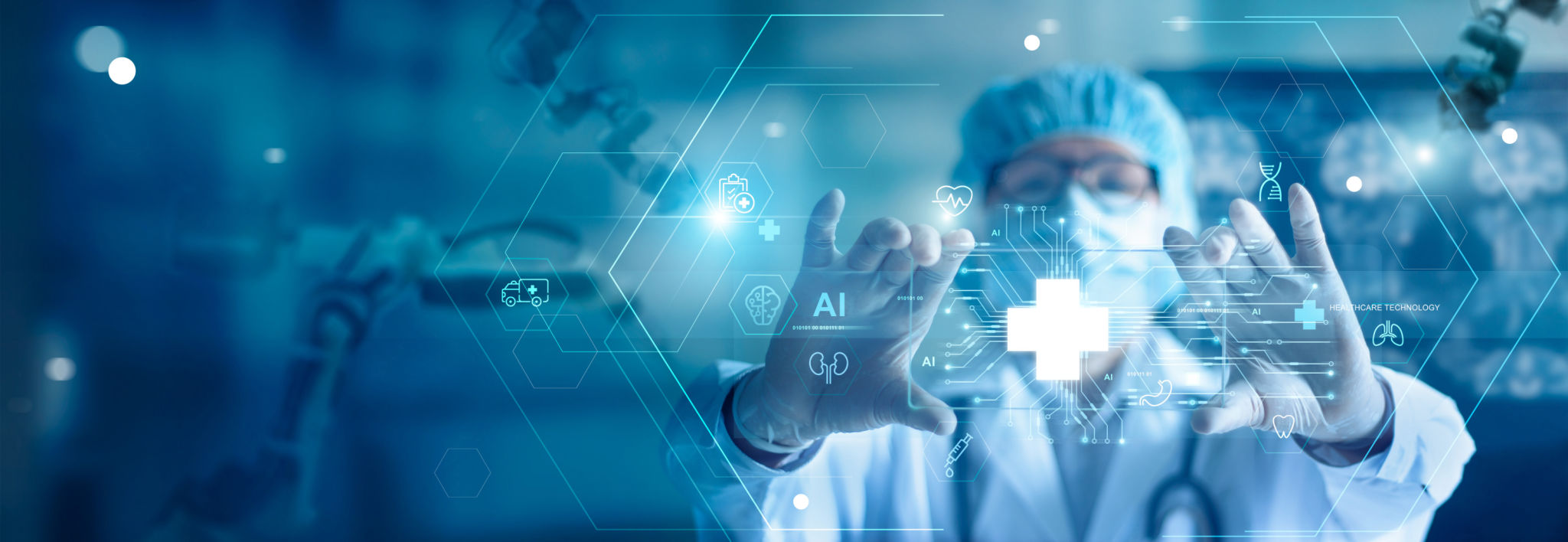Buford's Best Practices: Leveraging AI for Local Medical Offices
Understanding the Role of AI in Local Medical Offices
As technology continues to evolve, local medical offices are increasingly looking to leverage artificial intelligence (AI) to enhance their operations and patient care. AI offers numerous advantages, from streamlining administrative tasks to improving diagnostic accuracy. In this post, we'll explore Buford’s best practices for integrating AI into local medical offices, ensuring that both patients and staff benefit from these technological advancements.

Enhancing Administrative Efficiency
One of the primary areas where AI can make a significant impact is in administrative tasks. By automating routine operations such as appointment scheduling and patient record management, medical offices can significantly reduce human error and save time. AI-powered chatbots can handle patient inquiries, allowing staff to focus on more complex tasks. Implementing AI in these areas also leads to cost savings and improved patient satisfaction.
Improving Diagnostic Accuracy
AI's ability to process vast amounts of data quickly makes it an invaluable tool in improving diagnostic accuracy. Machine learning algorithms can analyze medical images, such as X-rays and MRIs, with a level of precision that rivals or even surpasses human experts. This not only speeds up the diagnostic process but also minimizes the likelihood of misdiagnosis. By integrating AI into diagnostic procedures, local medical offices can enhance the quality of care they provide.

Personalizing Patient Care
AI technologies enable personalized patient care by analyzing data from electronic health records (EHRs) to tailor treatment plans to individual needs. Predictive analytics can identify patients at risk of developing certain conditions, allowing for proactive interventions. This level of personalization enhances patient outcomes and fosters a more patient-centric approach to healthcare.
Ensuring Data Security and Compliance
The integration of AI in medical offices must be accompanied by robust data security measures to protect patient information. Adhering to regulations such as HIPAA is crucial to maintaining trust and compliance. AI can assist in monitoring data usage and identifying potential security breaches, ensuring that sensitive information remains protected. Buford’s best practices emphasize the importance of implementing comprehensive security protocols alongside AI technologies.

Facilitating Continuous Learning and Adaptation
AI technologies are constantly evolving, offering new opportunities for improvement in medical practices. Local medical offices should commit to continuous learning and adaptation by keeping abreast of the latest AI developments and training staff accordingly. This proactive approach ensures that the office remains competitive and capable of delivering cutting-edge care.
Building Stronger Patient Relationships
The use of AI can free up time for healthcare providers to engage more meaningfully with their patients. By reducing the administrative burden and improving diagnostic efficiency, medical professionals can focus on building stronger relationships with their patients. This human touch is essential for fostering trust and ensuring a positive patient experience.
Conclusion: Embracing the Future with AI
Incorporating AI into local medical offices offers numerous benefits that can transform the way healthcare is delivered. By following Buford’s best practices, medical offices can leverage AI to enhance efficiency, accuracy, personalization, and security. As these technologies continue to advance, staying informed and adaptable will be key to maximizing their potential and improving patient care.
